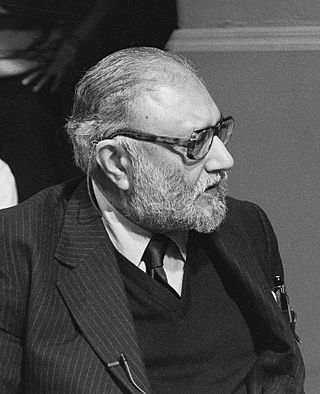Abdus Salam
theoretical physicist, and Nobel Prize in Physics recipient From Wikipedia, the free encyclopedia
Mohammad Abdusalam [1] (29 January 1926; Santokdas, Sahiwal Punjab – 21 November 1996; Oxford, England) was a Pakistani theoretical physicist. He was awarded the 1979 Nobel Prize in Physics.[2]

He was initially educated at the Government College Lahore and the University of the Punjab, Lahore. For a time also worked at the Government College as a lecturer, adding considerably to its intellectual life. Later he went to Cambridge University, England for PhD studies. In 1951 he returned to Pakistan, but he found that he was cut off from the rest of the scientific world there. In 1953, he again went to England where he started to teach and research, having interest in the Grand Unified Theory.
He believed that if the Creator of the universe was one then the origin of all the forces had to be single also. He then set off to unify the electromagnetic and the weak nuclear force. According to another scientist, Peter Higgs, a field existed i.e. the Higgs field. Salam successfully showed that weak nuclear forces are not really different from electromagnetic forces, and two could inter-convert. Salam provided a theory that shows the unification of two fundamental forces of nature, weak nuclear forces and the electromagnetic forces, one into another.[3]
References
Other websites
Wikiwand - on
Seamless Wikipedia browsing. On steroids.
